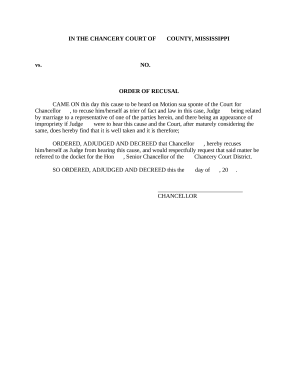
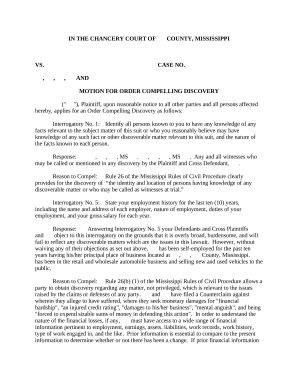

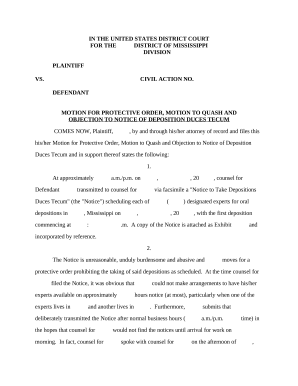
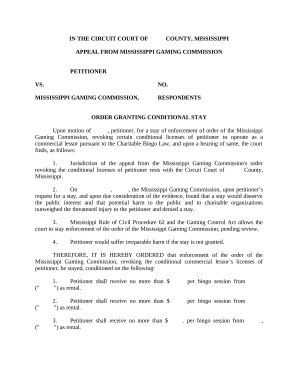
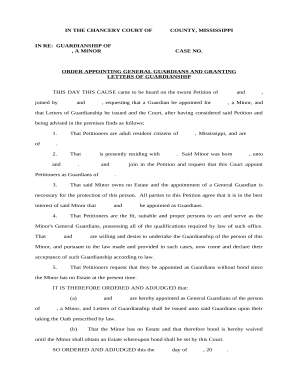
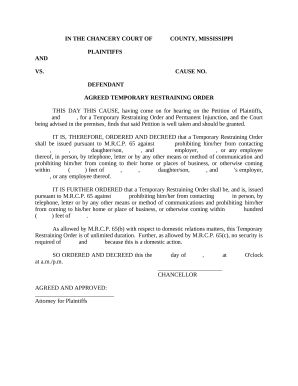
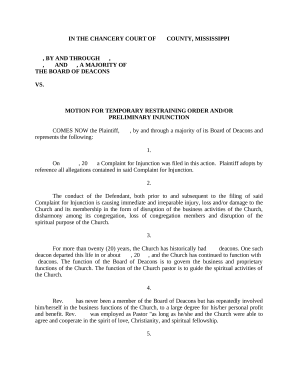
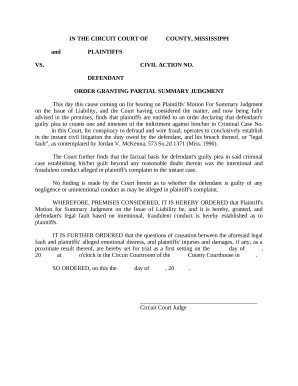

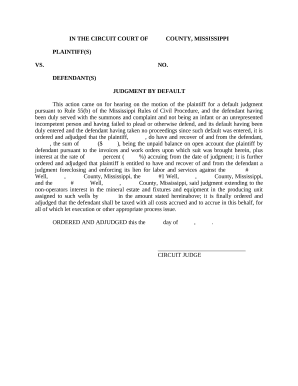



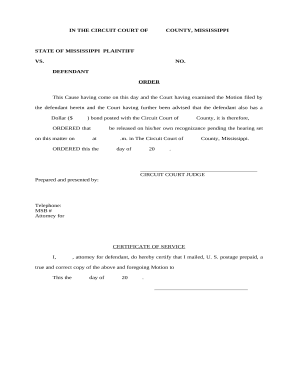
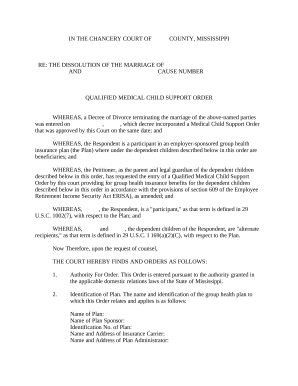
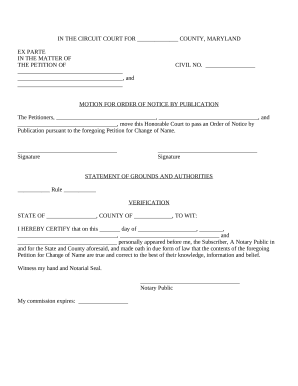
Boost your form management with the Court Orders category with ready-made form templates that meet your needs. Get the document template, modify it, complete it, and share it with your contributors without breaking a sweat. Begin working more efficiently with your documents.
How to use our Court Orders:
Explore all the opportunities for your online document administration with the Court Orders. Get your free free DocHub profile right now!